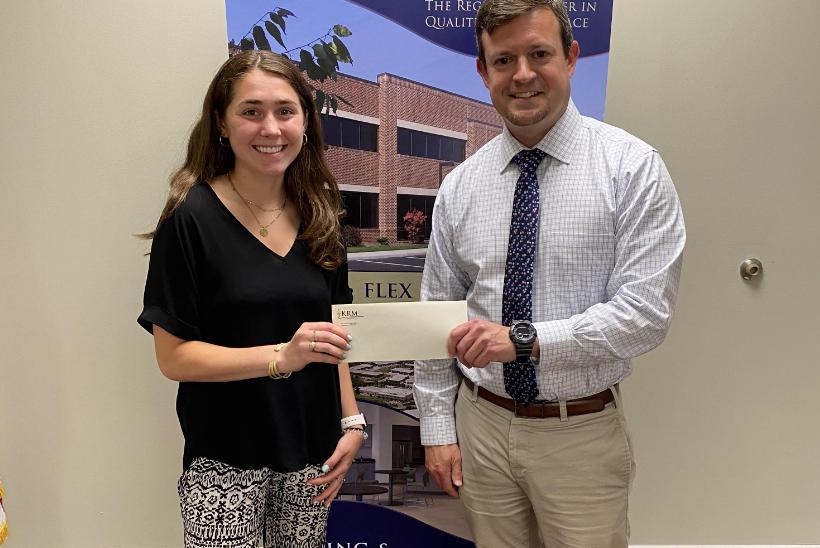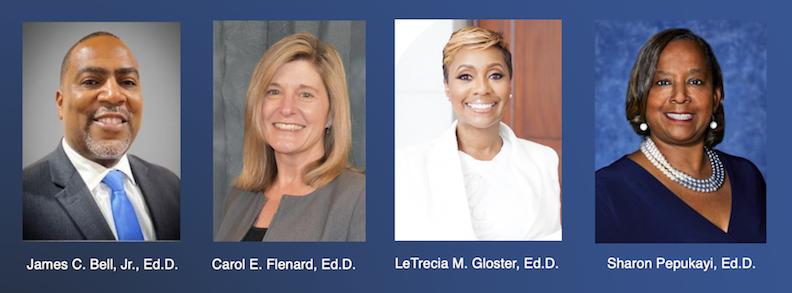Today, Monday, March 18, is the last day to contact the Maryland General Assembly to send a letter of support for the bill requesting the State alter its School Construction Local Cost Share for the much-needed new Middle School in Chestertown, and we have a way to help you (see below).The new structure would be built on the current 15-acre campus.
Kent County Middle School, which serves students in sixth through eighth grades, is in dire need of replacement. The school, which opened in 1950 and was last renovated in 1976, no longer meets modern educational standards. Routine maintenance is no longer sufficient, and even the roof requires millions of dollars to replace.
Under the current funding formula, the community faces a daunting local share of over $45 million for the construction, a heavy burden for a population of around 20,000. Compounding this financial strain is the high poverty rate among students, with all five schools in the district providing free breakfast and lunch to every student under the U.S. Department of Agriculture’s Community Eligibility Provision.
HB0365/SB0110 proposes a solution tailored to specific circumstances, such as Kent County’s, where the local share is adjusted based on criteria including the percentage of students eligible for free or reduced-price meals, participation in the USDA Community Eligibility Provision, and being the sole school of its type in the county. This adjustment would bring the local share more in line with state averages, making the project financially feasible for Kent County.
A letter by Kent County Board of Education President Joe Goetz outlines the request.:
“Dear Chairman Barnes and members of the Appropriations Committee,
I am writing you today because our community is in urgent need of your support for House Bill 0365/Senate Bill 0110: School Construction – Local Cost-Share – Alterations. Passage of this bill is necessary for our rural community to receive the additional state support for we need new school construction.
Our community has one middle school serving all students in sixth through eighth grades. Kent County Middle School, located in our county seat of Chestertown, opened in 1950, was expanded four times between 1952 and 1976, and was last fully renovated in 1976. At nearly 75 years old, the building no longer meets the needs and standards of today’s middle schools, nor can it be serviced through routine maintenance. Replacement of the roof alone would require millions of dollars.
Our community simply cannot afford the financial burden of new school construction with the state contributing only 50% of the eligible costs. Under the current funding formula, we are looking at a local share of more than $45 million for a community with a total population of around 20,000 people. Add to that the fact that the poverty rate among our student population is such that all five of our schools receive the U.S. Department of Agriculture’s Community Eligibility Provision providing free breakfast and lunch to every student.
That is why we are calling on you to support passage of HB0365/SB0110 in the General Assembly and deliver it to Gov. Wes Moore’s desk for signature.
HB0365/SB0110 is narrowly tailored to fit very select circumstances for applicability to school construction projects. It takes a school system such as ours that currently qualifies for only a 50/50 split on eligible project costs with the state, then shifts the state share based on the following:
- The percentage of students in the county eligible for free or reduced price meals is greater than the statewide average of students eligible for free or reduced price meals;
- All schools in the county participate in the S. Department of Agriculture Community Eligibility Provision;
- The eligible project is a school that is the only elementary, middle or high school in the county.
By meeting all of those requirements, a qualifying school construction project would see the local cost share reduced to equal the average of counties in which all schools in the county participate in the U.S. Department of Agriculture Community Eligibility Provision, with the state cost share increasing respectively.
This is not the first time a proposal to adjust the school construction cost share has been approved. The Built to Learn Act of 2020, approved in 2021 via General Assembly override of then-Gov. Larry Hogan’s veto of the Blueprint for Maryland’s Future, included a cost share shift that benefitted Garrett County Public Schools. It increased the state’s cost share of 50% to 89% based, like HB0365/SB0110, on a specifically focused set of requirements for the shift.
The Kent County Board of Education is asking for a similar amendment to make our middle school construction project possible. Kent County has not built a new school in nearly 50 years. Today, our community simply does not have the financial resources to build the new school we absolutely need to serve our students in those crucial middle grade years of their education.
The General Assembly and the State of Maryland have made the successful education of students a cornerstone of public policy through the Blueprint for Maryland’s Future. HB0365/SB0110 is part of that drive by helping Kent County Public Schools build a new middle school that meets today’s educational standards and gives our students the chance of success they so deserve.”
For more background and to write an email letter of support of this Local Cost-Share Alteration, go to the SOS (Save Our School) page, here








